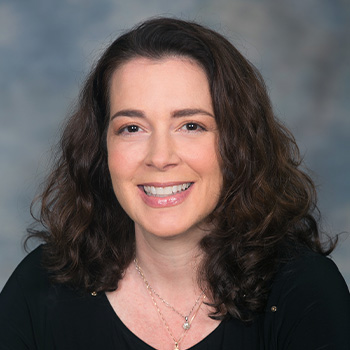Faculty Highlights
FAMU College of Law's Scholarship In 60 Seconds
Professor Kara Consalo's article recently published in the Florida Journal of International Law
Faculty Highlights Archive
FAMU Law Instructor Recognized on the Florida Supreme Court’s Pro Bono List
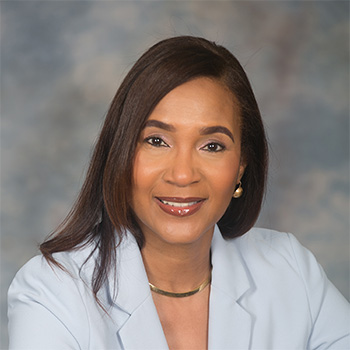
ORLANDO, Fla - Florida A&M University (FAMU) College of Law Clinic Instructor Kim Crag-Chaderton is being recognized for her pro bono work in the community. Crag-Chaderton is one of dozens of Orange County lawyers being recognized by the Florida Supreme Court and the Florida Pro Bono Coordinators Association for their 2022 pro bono work.
“I am passionate about helping children in the dependency court system,” said Crag-Chaderton . “It is encouraging to see how I can have an impact by identifying services and assisting in providing for the needs of a child.”
The Florida Guardian ad Litem Office represents Florida’s abused, neglected and abandoned children in court and the community.
“What some may consider minor changes can have a major effect on a child’s life,” said Crag-Chaderton. “The love and appreciation that comes with this experience is extremely rewarding. Recently, I had a child refer to me as her ‘Angel ad Litem’ – what better compensation could one ask for.”
Each year, attorneys who contribute 20 or more hours receive a letter from the Chief Justice and a pin recognizing their contributions.
To see the entire list please visit here.
Professor Patricia Broussard featured in published article about challenges facing Black women during COVID 19
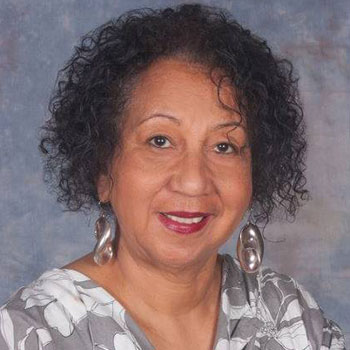
Abstract
We are African American women with a combined forty-four years in academia. We are professors of law and have seen firsthand how COVID-19 has ravaged African Americans across this country. As we conversed with one another in the Spring of 2020 about what we were witnessing, we began to look through the spectrum of the law and discrimination, and how this novel Coronavirus is laying bare the inequities and inequalities that have been evident for hundreds of years in the Black community. We felt compelled to put pen to paper and document our conversations in an attempt to give a voice to those most negatively impacted by this deadly virus-those that have long been most underrepresented. We hope that by calling out these disparities, we somehow elevate our nation and change the course of the lives of Black women for the better.
Recommended Citation
Patricia A. Broussard et al., Damn It! A Conversation on Being Black, Female, and Marginalized during the COVID-19 Pandemic: Is the World Listening? A Conversation between Black Female Law Professors, 12 ALA. C.R. & C.L. L. REV. 1 (2020).
Eurilynne Williams and Marlese Wells are named 2022 PLEDGE Fellows
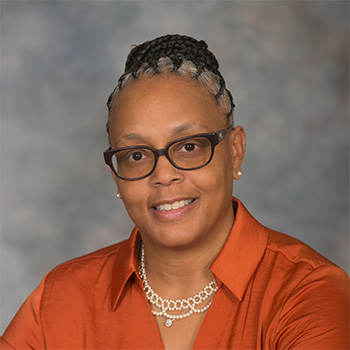 |
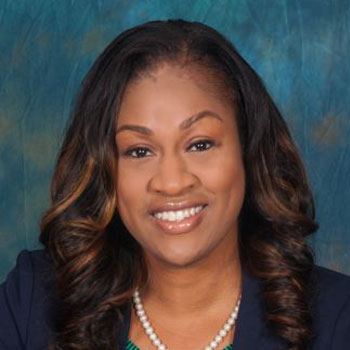 |
FAMU Law Professor Ann Marie Cavazos was elected Vice Chair of The Advisory Counsel of Faculty Senates (ACFS) for one- year term.
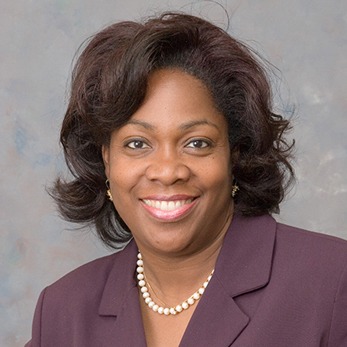
In May 2022, Ann Marie Cavazos was elected vice chair of The Advisory Counsel of Faculty Senates (ACFS) for a one-year term. The purpose as defined in the ACFS Constitution: “To represent the Faculty Senates of the SUS institutions in advising the Chancellor of the State University System, the Board of Governors, the Florida State Board of Education, the state Legislature, the Governor and other officials and organizations involved in the establishment of policies, administration, or funding of public higher education in the State of Florida.
The State University System recognizes the importance of a collegial system of shared academic governance. The Advisory Council of Faculty Senates (ACFS) establishes the means for faculty participation in the process of statewide public university governance.
FAMU Law Professor Robert Abrams Writes Paper for Supreme Court Water Law
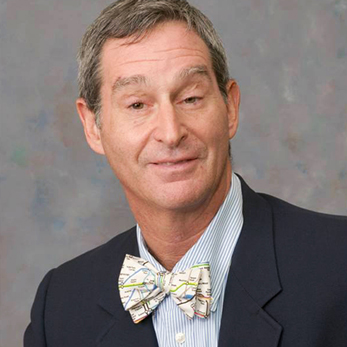
Robert Abrams joined a small group of water law experts to write a brief for the Supreme Court. The paper is titled “Does the Doctrine of Equitable Apportionment Apply to Conflicts Between States over Groundwater Resources When Such Resources Are Derived from an Aquifer That Lies Beneath More than One State?”
The American Bar Association published the document in its October 2021 Preview of Supreme Court Cases publication. In November 2021, the U.S. Supreme Court decided Mississippi v. Tennessee. The Court unanimously ruled that water in an underground aquifer that flows across State lines is subject to equitable apportionment between the States, in similar fashion to interstate streams and rivers. The ruling dismissed Mississippi’s complaint.
Dean Deidré Keller joins the deans from North Carolina Central University School of Law and Southern University Law Center for AbbVie Legal Day
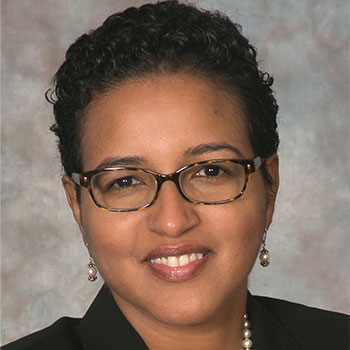
Keller brought remarks as part of the virtual program designed to introduce law students to the AbbVie law firm, as well as to share information regarding legal careers in healthcare and career opportunities as an in-house lawyer.
Additional speakers from AbbVie included Laura Schumacher, vice chairman, external affairs and chief legal officer; Perry Siatis, senior vice president and deputy general counsel; and Eugenia Blackmon, executive director, social media & digital health compliance.
Ann Marie Cavazos has been re-elected Faculty Senate President

“I am looking forward to building bridges, strengthening foundations, supporting faculty, and the mission of our great institution and the vision of President Larry Robinson,” said Cavazos.
The Faculty Senate, which includes representatives from every school and college within the University, is recognized by the University as an advisory body to the president on general matters that may affect the attainment of the University’s educational objectives.
As our nation continues to battle the pandemic, Cavazos said the faculty is doing its part in ensuring FAMU maintains its standard of “Excellence with Caring.”
“The faculty continues to work collaboratively and remains committed to creating a nurturing and safe environment for the education of our next generation of outstanding students,” she said. “I believe the heart of any great University is a great faculty and we will continue to maintain our relevance in an ever-changing world.”




